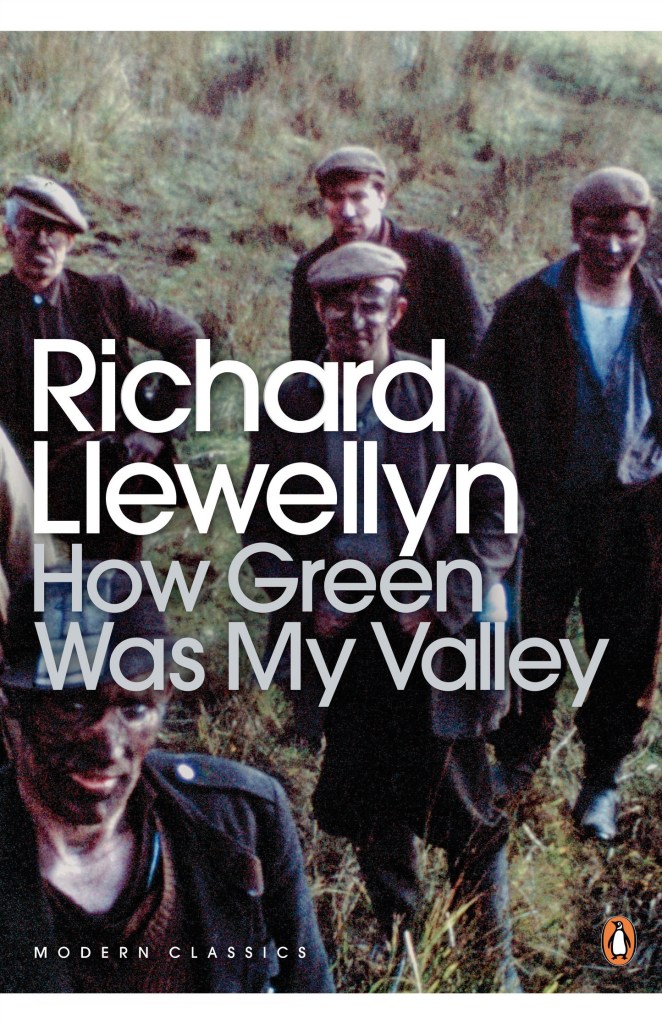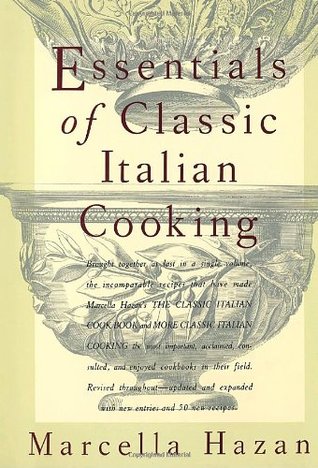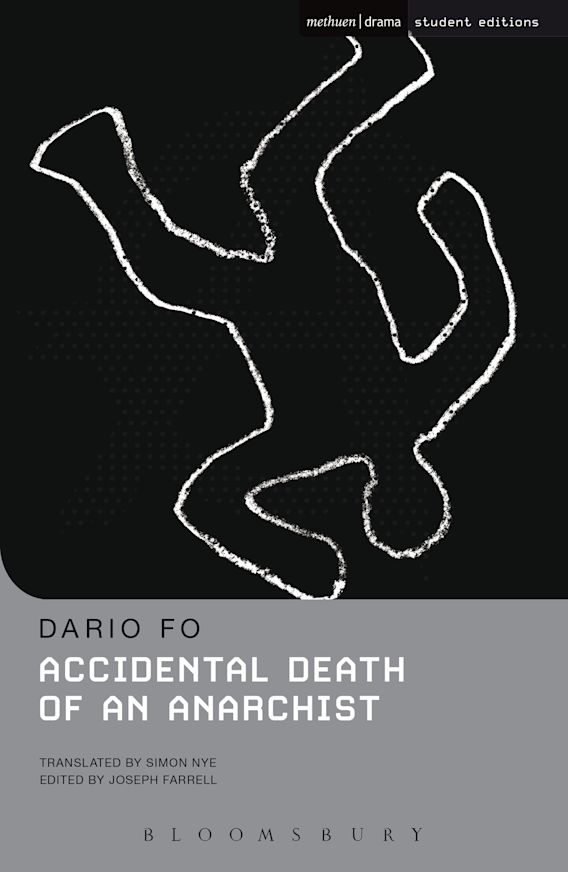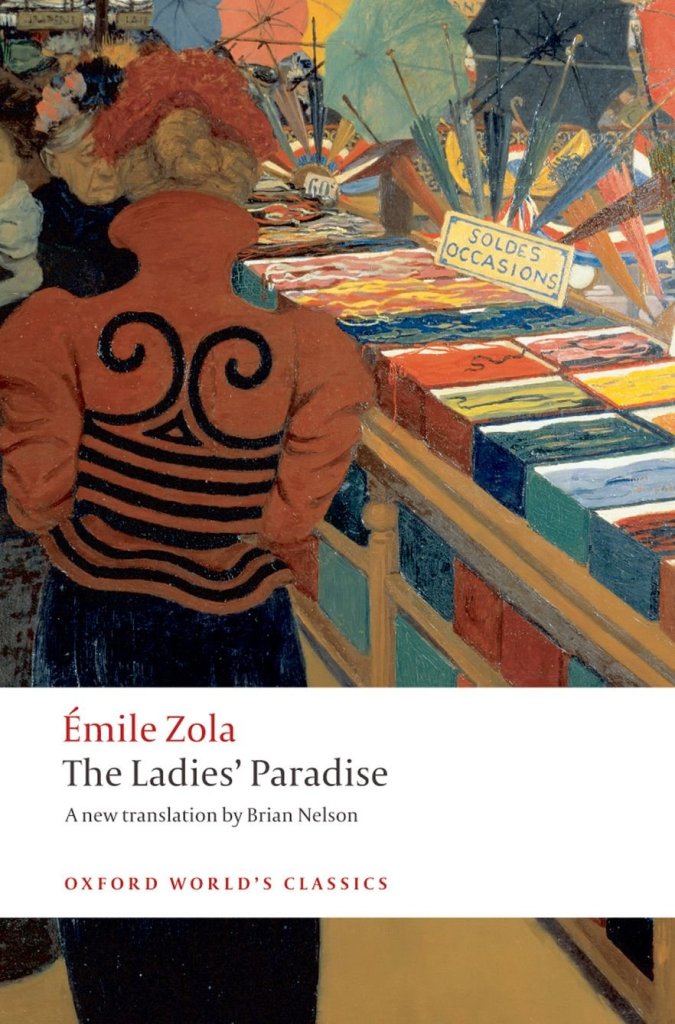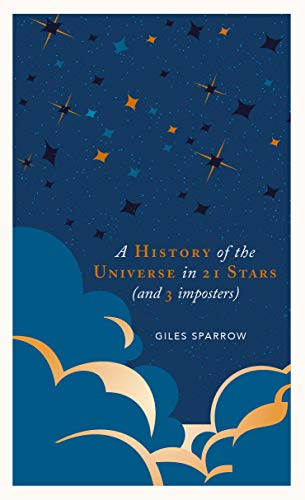

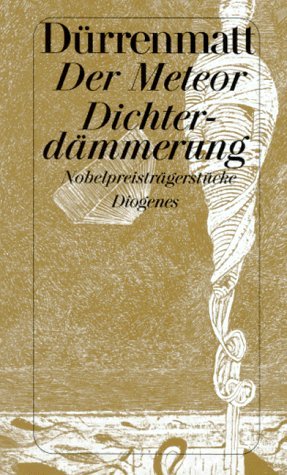


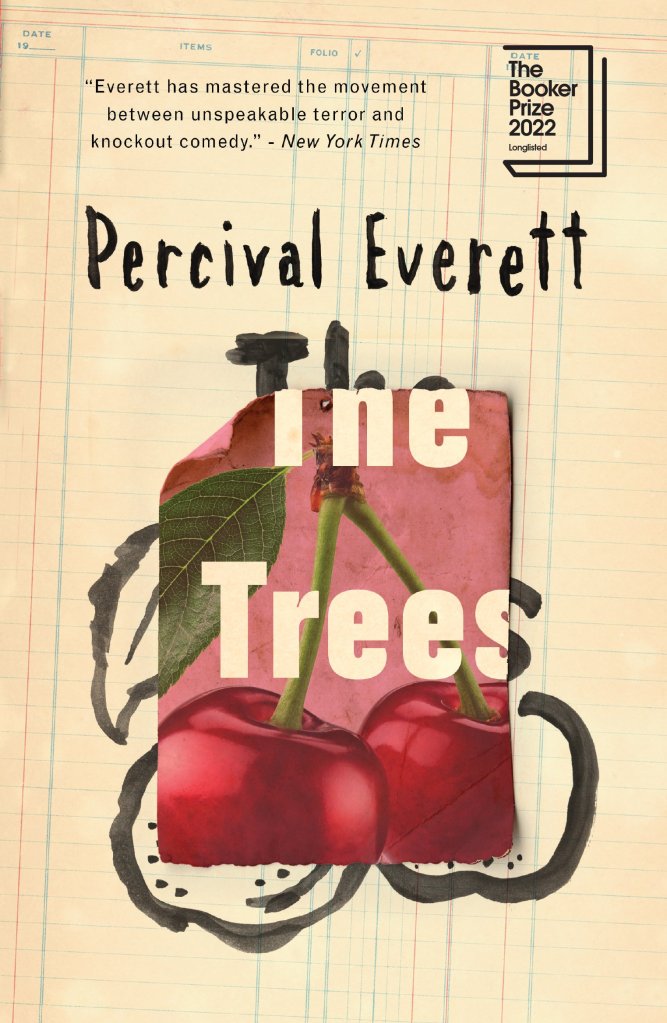
The Facemaker [2022] by Lindsey Fitzharris – ★★★★★
In this non-fiction, Lindsey Fitzharris (The Butchering Art [2017]) spotlights the achievements made by New Zealand-born, Cambridge-educated and golf-loving surgeon Harold Gillies (1882- 1960), who was one of the prominent contributors to the advances made in plastic maxillofacial surgery during the World War I. Facial disfigurement, the “rudest blow that war can deal”, often causes “loss of identity”, psychological damage, and social exclusion, and Gillies was one of the pioneers of reconstructive facial surgery who recognised the transformative, multi-disciplinary nature of this field, as well as the need for slow, step-by-step procedures to achieve successful results. Fitzharris writes with much passion and clarity, thrusting her reader into the midst of all the events, while providing an overview of the state of medicine at that time. Non-fiction has never felt as engaging or as exciting to read, and we are provided with many first-hand accounts, as well as with fascinating details regarding the brutalities of the battle-field and the stoic life on hospital wards. The overall result is one eye-opening and moving book about an important topic that deserved more attention, and one unsung hero in need of greater recognition.
Continue reading “February 2023 Wrap-Up: From The Facemaker to The Trees”


